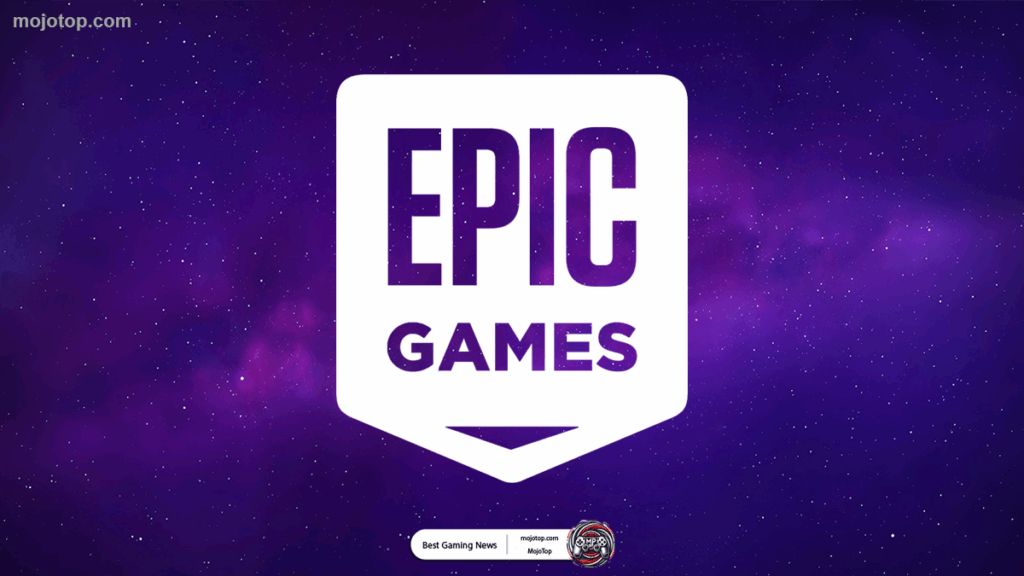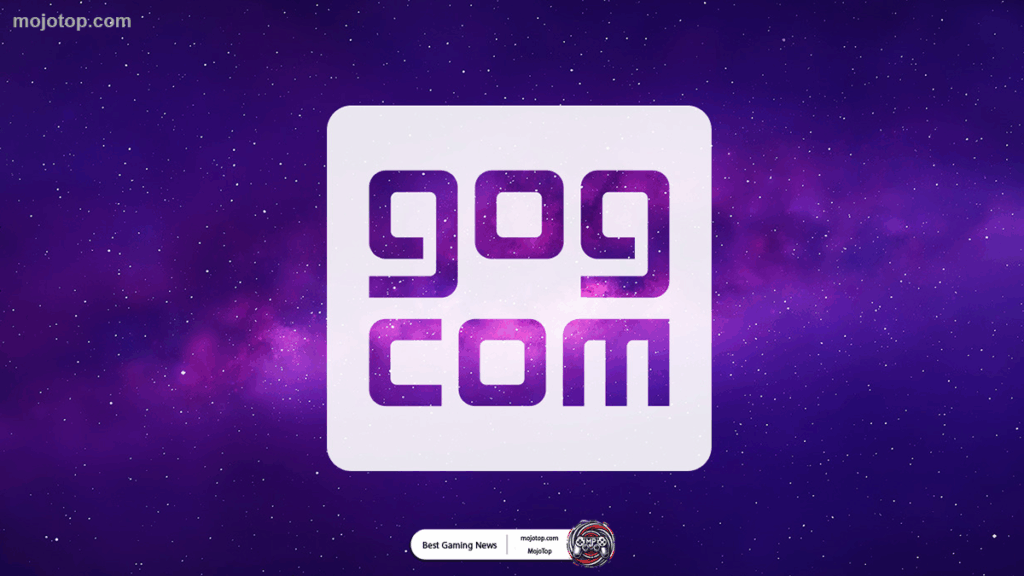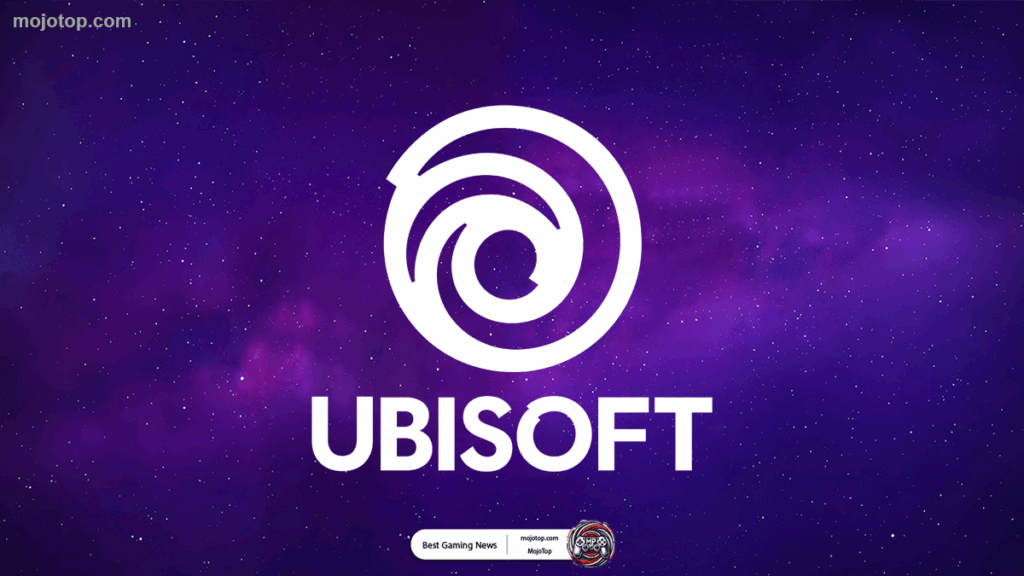Game Stores Like Steam: 4 Best Steam Alternatives for Gamers
Discover the top game stores like Steam and explore the best Steam alternatives for buying, downloading, and enjoying your favorite PC games.
The vast world of digital distribution platforms is led by one powerhouse: Steam. As the go‑to PC gaming storefront, Steam continues to dominate the digital marketplace, commanding around 70–75% of the global PC game distribution market share as of 2025 . With over 170 million monthly active users and billions in annual revenue, its influence on the gaming industry remains unmatched.
Yet, gamers increasingly explore other options beyond this juggernaut, seeking alternatives for better deals, DRM‑free access, subscription models, or platform diversity. Those in the know often search for game stores like Steam that offer unique value, and they look for the best Steam alternatives to enrich their gaming experience.
What’s fueling this search? For starters, distribution competitors like the Epic Games Store have gained traction by offering developer‑friendly revenue splits and free weekly games, directly challenging Steam’s dominance. Meanwhile, platforms such as GOG appeal to preservationists and old‑school gamers with DRM‑free titles and a strong retro catalog. Subscription models like Xbox Game Pass introduce another twist by offering vast libraries for a flat monthly fee. And for indie lovers, stores like Itch.io or Humble Bundle provide a curated, creator‑centric environment unmatched by larger storefronts.
This competitive landscape underscores why gamers are broadening their horizons. While Steam remains the default choice, evaluating game stores like Steam reveals compelling alternatives—and in this article, we’ll dive into four of the best Steam alternatives for gamers seeking variety, value, and flexibility.
Why Look for the Best Steam Alternatives?
Steam’s dominance as the leading digital storefront for PC gaming is indisputable—but there are compelling motivations for why more gamers are exploring other options. Here’s why it makes sense to consider game stores like Steam alongside the best Steam alternatives.
Steam’s notorious sales drive many purchases, but other platforms often offer deeper discounts or more dynamic pricing on both new releases and older titles. Additionally, the industry-standard 30% cut that Steam takes has become increasingly unpopular. Platforms like the Epic Games Store have disrupted expectations by offering a leaner 12% revenue share to developers, making them some of the most attractive best Steam alternatives for creators—and, consequently, gamers seeking broader choice.
A primary concern for many is that purchasing through Steam does not grant true ownership of games, but merely license access controlled by Valve’s DRM system. For gamers who value longevity, portability, and peace of mind, DRM‑free stores offer important advantages. GOG.com stands out among game stores like Steam for allowing purchases that can be downloaded, archived, and even legally transferred—making it one of the best Steam alternatives when it comes to game ownership and preservation .
Exclusivity still plays a strategic role in the PC storefront ecosystem. The Epic Games Store, for example, lures users with time‑limited exclusive launches and weekly free games. These tactics not only attract new shoppers but have helped shape its identity among game stores like Steam, making it one of the best Steam alternatives for gamers chasing exclusive deals and freebies.
Beyond pricing and DRM, there’s a growing concern among gamers about the long-term fate of their digital collections. Concerns over delisted titles, untransferable accounts, and even eventual extinction of platforms have sparked preservation debates . Among game stores like Steam, some alternatives—such as GOG—take deliberate steps to support preservation by offering classic games, DRM-free downloads, and tools to ensure older titles remain playable on modern systems.
Steam’s region-locks and refund rules, while mostly fair, can still limit access for international or budget-conscious gamers. Alternative platforms sometimes provide broader refund policies, flexible access across borders, or subscription models that offer the best of both worlds—access to a wide library with fewer restrictions. These convenience features make platforms like Xbox Game Pass for PC or Humble Bundle compelling best Steam alternatives for certain audiences.
Epic Games Store
The Epic Games Store has emerged as one of the most compelling game stores like Steam, often topping the list of best Steam alternatives for both gamers and developers. Since its launch in December 2018, it’s offered a leaner approach to digital distribution, combining developer incentives with savvy marketing tactics to distinguish itself from more established PC gaming storefronts.
One of the most persuasive advantages of the Epic Games Store lies in its revenue structure. Traditional platforms like Steam typically take around 30% of a game’s sales revenue—but Epic disrupts that norm with a much more favorable model: it only takes 12%, leaving developers with 88% of earnings.
More recently, Epic has sweetened the deal even further: starting June 2025, developers can keep 100% of the first $1 million in net revenue per product, per year. After that, Epic applies its standard 12% cut. This refreshed arrangement delivers one of the most generous offers among digital storefronts and reinforces Epic’s standing among best Steam alternatives for creators.
Epic’s storefront is growing fast in terms of user base and platform accessibility. As of early 2025, it reached a milestone of 295 million PC users, adding roughly 25 million new accounts in 2024 alone. Beyond PCs, Epic expanded its footprint to include mobile platforms: Android support launched globally, with iOS access initially restricted to European users under evolving regulatory conditions.
This sustained user growth underscores why many consider the Epic Games Store one of the strongest game stores like Steam, and consequently one of the best Steam alternatives from a reach-and-engagement standpoint.
Epic’s early strategy leaned heavily into exclusivity and free giveaways to draw gamers. The platform offered one or two free games weekly for the first several years and pursued time‑limited exclusive deals—tactics that helped build its presence and differentiate from Steam. Although some gamers criticized these exclusives for fragmenting the market, they undeniably drove visibility and user acquisition.
While the Epic Games Store intentionally avoids bloated features like user forums or heavy social tools, opting instead for a streamlined interface and integration with social media, this minimalist approach has drawn criticism. Users sometimes cite sluggish performance or a lack of advanced features as downsides when compared to Steam’s rich ecosystem. Nonetheless, the lighter platform structure stays appealing for those who prefer minimal clutter.

GOG
GOG (Good Old Games) stands out as one of the most distinctive game stores like Steam and undeniably one of the best Steam alternatives—primarily because it champions true long-term ownership and DRM‑free access, deeply resonating with gamers who value freedom and preservation.
GOG’s philosophy is built on the idea that when you buy a game, you should truly own it—free from the constraints of restrictive digital rights management. All titles on GOG are DRM‑free, allowing gamers to download installers, archive them, and play offline without logging into any platform. This radical approach supports no‑strings‑attached ownership, reinforcing its reputation among game stores like Steam for letting players build a lasting library.
From beloved retro titles to contemporary indie and AAA releases, GOG’s curated selection is designed for connoisseurs of gaming. Every game is handpicked to ensure quality and diversity, offering something for collectors, nostalgia seekers, and modern gamers alike . It’s a hub for preserving gaming’s past while welcoming exciting new additions.
GOG goes beyond mere distribution—it actively invests in keeping classic games accessible. Through its Preservation Program launched in late 2024, GOG has committed to ensuring older games remain playable on modern systems. It already features over 100 DRM‑free titles with more added regularly. For example, iconic classics like System Shock 2, Diablo, and Resident Evil 1‑3 are preserved—and some are even offered at steep discounts during special promotions . GOG is now also part of the European Federation of Video Game Archives, Museums, and Preservation, reinforcing its role in safegu arding gaming’s legacy.
arding gaming’s legacy.
Trust is central to GOG’s reputation. Every purchase is backed by a 30-day money-back guarantee—even if the game has already been downloaded and played . This generous refund policy, coupled with direct support channels, underscores GOG’s gamer-first approach. The platform also supports modding—with its new “One‑click Mod” system introduced in mid‑2025, players can easily install curated mods (like the popular “Skyblivion” mod for Skyrim) if they already own the base game.
While GOG prioritizes platform freedom, it also offers the optional GOG Galaxy client. This lightweight launcher adds cloud saves, rollback support, achievements, and social features—without compromising the DRM‑free foundation. The second version, GOG Galaxy 2.0, further enhances the user experience by unifying game libraries from Steam, Epic Games Store, and other platforms—all in one place.
Origin & Ubisoft Connect
Ubisoft’s digital ecosystem—once known as Origin under EA—is represented today by Ubisoft Connect, a multifaceted service offering digital distribution, DRM, rewards, and social features across Ubisoft’s catalog. While not as universally appealing as major multi‑publisher platforms, Ubisoft Connect still operates as one of the noteworthy game stores like Steam and offers unique value among the best Steam alternatives.
Ubisoft Connect serves multiple functions in one. It acts as a digital storefront and distribution channel for all first‑party Ubisoft titles, integrates DRM, and facilitates multiplayer, communications, and achievement‑based reward systems called “Units”. Players earn Units through in‑game actions and can redeem them for exclusive cosmetics, bonuses, or discounts on the Ubisoft Store—another incentive that keeps the platform competitive among best Steam alternatives.
A standout feature of Ubisoft Connect is its cross‑platform chat and cross‑progression across supported games. Whether you’re playing on PC, console, or cloud services, Connect lets you stay in touch and carry over progress, which aligns with broader industry trends toward seamless gaming.

For players interested in subscription models, Ubisoft offers Ubisoft+, a service providing access to a vast library of Ubisoft titles—including new releases and closed beta tests—for a monthly fee. Ubisoft+ has expanded across platforms and now includes a tiered approach with Ubisoft+ Classics on consoles and PC, offering curated selections of older games. This makes the Ubisoft ecosystem a viable contender among best Steam alternatives with a subscription twist.
One key criticism of Ubisoft Connect is its requirement for always‑on digital verification. Even for single‑player retail games begun through Steam or another platform, users must authenticate via Ubisoft Connect. This creates a dependency that many gamers find frustrating—especially when offline or if the servers are down. These DRM limitations can detract from the user experience compared to more user‑friendly digital storefronts, which is an important consideration when exploring game stores like Steam.
Ubisoft, the publisher behind major franchises such as Assassin’s Creed, Far Cry, and Rainbow Six, has shifted heavily toward digital models: by 2022, over 70% of its revenue came from digital sales. The company’s flagship titles—like Assassin’s Creed Shadows, which crossed 2 million players shortly after release—often launch with full digital availability, and frequently utilize Ubisoft Connect for updates, DLC, and in‑game rewards.

